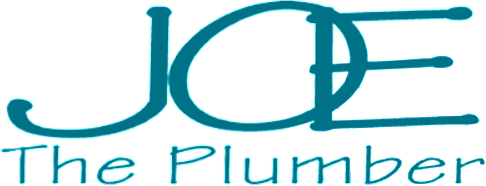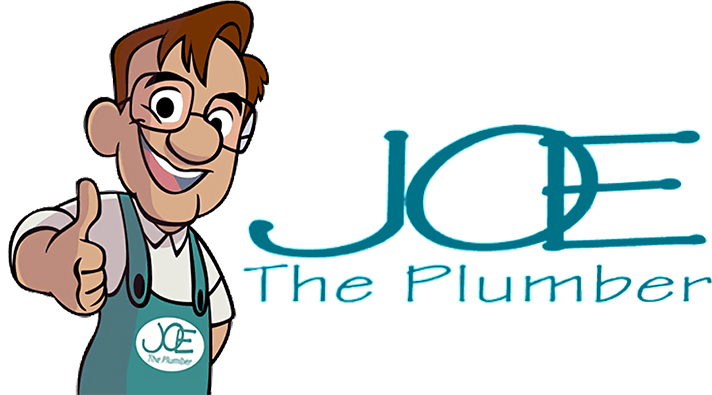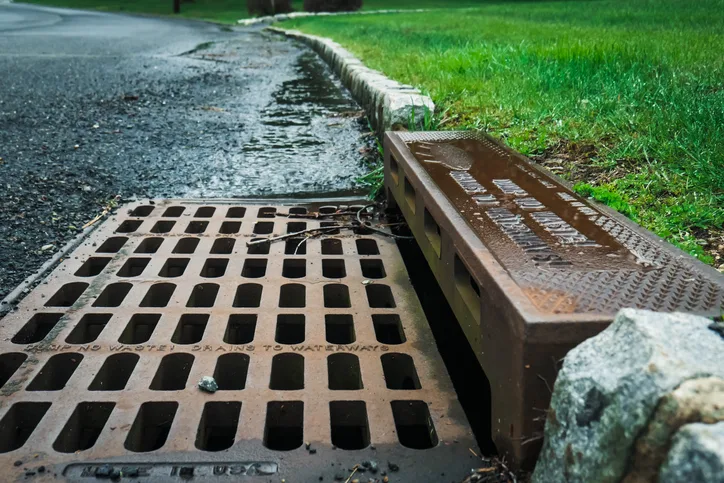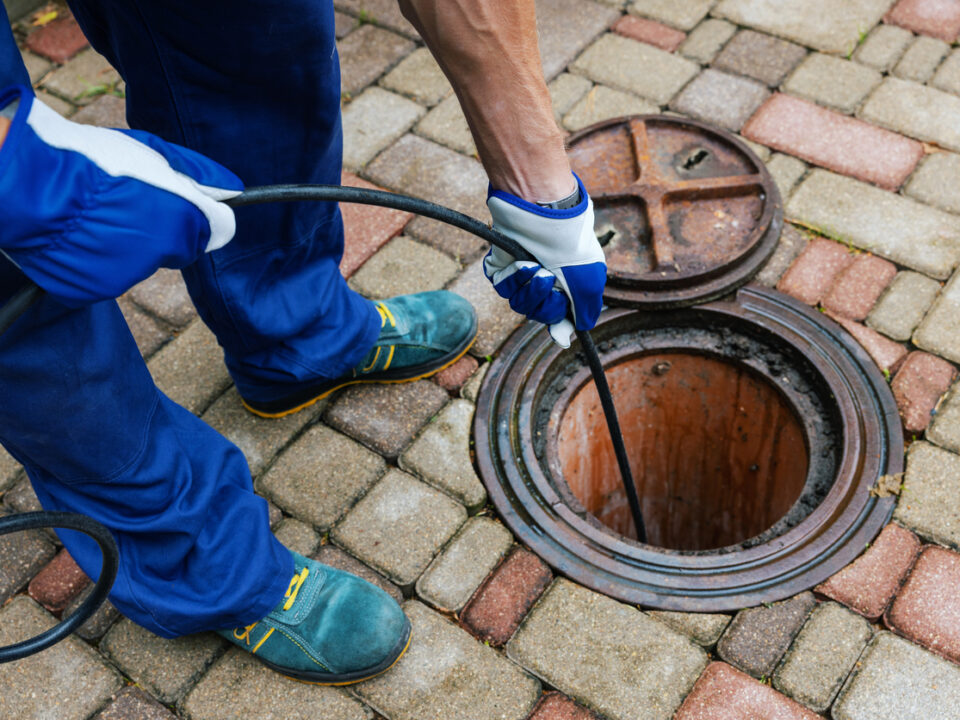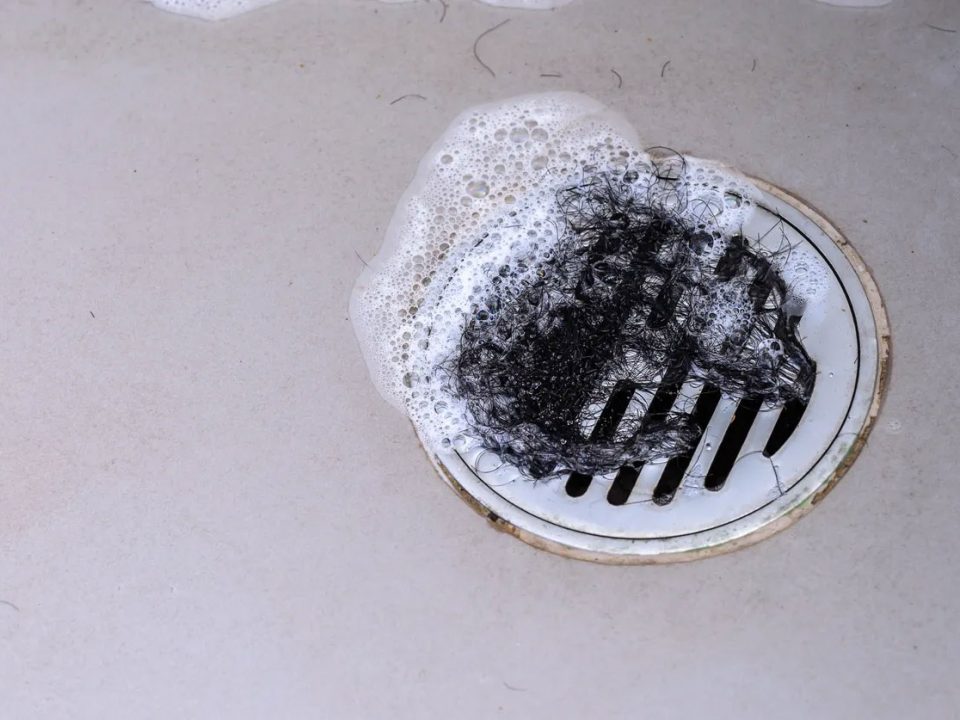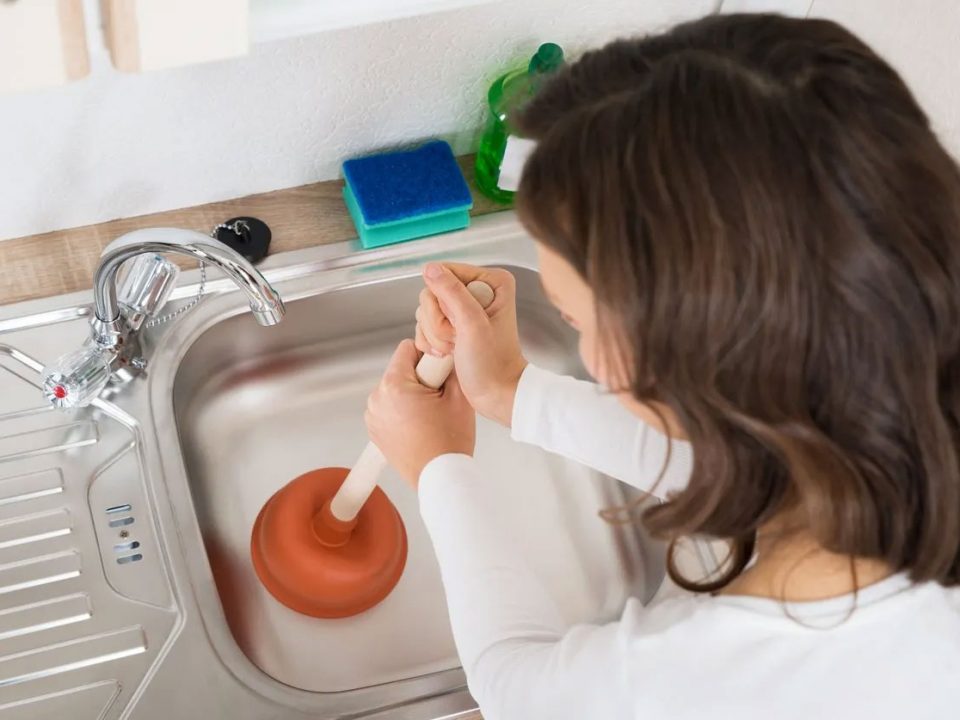Dealing with a blocked sewer line is every homeowner’s nightmare. It can cause significant inconvenience, lead to costly repairs, and even result in health hazards if not addressed promptly. At Joe the Plumber, we believe in empowering homeowners with the knowledge to prevent such issues.
Understand What Goes Down Your Drains
The first step in preventing sewer line blockages is understanding what should and shouldn’t go down your drains. Many blockages are caused by flushing materials that don’t disintegrate easily, such as:
- Cooking Grease and Oils: When hot grease and oils cool down, they solidify inside your plumbing. Over time, this buildup can narrow the pipes, eventually leading to blockages. Unlike other liquids, grease sticks to the sides of pipes, trapping other debris and exacerbating the problem.
- Coffee Grounds: Coffee grounds don’t break down in water. Instead, they clump together and can easily catch in pipes, traps, and joins, creating a dense, impenetrable mass that prevents water flow.
- Eggshells: When ground up by a garbage disposal, eggshells become tiny granular particles that can mix with other wastes like grease, forming a thick paste that can clog pipes.
- “Flushable” Wipes: Despite being marketed as flushable, many wipes don’t disintegrate quickly like toilet paper. They can snag on any slight imperfection in your pipes, leading to clogs and potentially causing significant blockages in your home’s sewer line and the municipal sewer system.
- Feminine Hygiene Products: These products are designed to absorb water, not break down in it. When flushed, they can expand and block pipes, leading to severe blockages.
- Paper Towels: Unlike toilet paper, which is designed to dissolve quickly in water, paper towels are made to be more durable and absorbent. They don’t break down easily in your plumbing, leading to blockages.
These items can cling to the inside of your sewer pipes, gradually building up to form a blockage. To prevent this, dispose of such waste in the trash rather than down the drain.
Regular Maintenance is Key
Routine maintenance can go a long way in keeping your sewer lines clear:
- Hot Water Flushes: Once a week, flush your drains with hot water to help dissolve and clear away any early-stage buildups.
- Baking Soda and Vinegar: Use a mixture of baking soda and vinegar to clean your drains once a month. This natural solution helps break down fatty acids and keep your pipes clear without the harsh effects of chemical cleaners.
- Professional Inspections: Schedule annual inspections with a professional plumbing service like Joe the Plumber. We use specialized equipment to identify potential issues before they escalate into blockages.
Be Mindful of Tree Roots
Tree roots can infiltrate sewer lines through tiny cracks, seeking water and nutrients. Over time, they can cause significant blockages and even pipe damage. Consider the location of your sewer lines when planting new trees, opting for species with less invasive root systems. If you suspect tree roots might be affecting your sewer lines, contact a professional plumber to assess and address the issue.
Install Drain Strainers
Simple mesh strainers can catch hair, soap bits, and other debris, preventing them from entering your sewer line. These strainers are particularly useful in showers, bathtubs, and kitchen sinks. Clean them regularly to ensure they remain effective.
How Can I Tell If My Sewer Line Is Blocked?
Identifying a blocked sewer line early can save you from extensive and costly repairs. Common indicators include:
- Slow Draining: If your sinks, bathtubs, or showers drain slower than usual, it could signal a blockage in your sewer line.
- Gurgling Sounds: Unusual noises from your toilets, drains, or plumbing system might indicate trapped air in the sewer line caused by a blockage.
- Water Backup: Water backing up in your shower, bathtub, or basement floor drain, especially after using the washing machine or dishwasher, is a red flag.
- Multiple Clogged Fixtures: If more than one plumbing fixture is clogged simultaneously, it strongly indicates a sewer line blockage.
- Unpleasant Odors: Foul smells emanating from drains or your yard could be due to waste backing up in the sewer line.
- Changes in Lawn: An unusually soggy lawn or indentations in your yard can be caused by a leaking sewer line.
- Increased Pest Presence: An increase in pests like rodents and insects could be attracted to the sewage leak from a blocked line.
If you notice these signs, it’s crucial to act quickly and consult a professional plumber to diagnose and resolve the issue to prevent further damage to your property.
What is a Sewer Line Clean-Out, and Where Can I Find It?
A sewer line clean-out is essential to your home’s plumbing system, providing direct access to your sewer line for cleaning and removing blockages. It typically consists of a short, vertical pipe extending from your sewer line, capped at ground level or just above it, often near your home’s foundation. Key points include:
- Appearance: Clean-outs usually have a round cap, which might be labeled “Clean Out,” and can be made of PVC, cast iron, or other materials, depending on the age and type of your plumbing system.
- Location: You can often find the clean-out near your home’s bathrooms, along the lateral sewer line running towards the municipal sewer line, or where the sewer line exits your home. In some homes, especially older ones, the clean-out might be located in the basement or crawlspace.
- Purpose: The clean-out allows plumbers to easily access the sewer line for maintenance inspection and to clear blockages without needing to access the pipes through fixtures inside the home.
Knowing the location of your sewer line clean-out and ensuring it is easily accessible can significantly ease the process of diagnosing and fixing sewer line issues.
Should I Consider Sewer Line Replacement or Repair, and When?
Deciding whether to repair or replace a sewer line depends on several factors, including the age of the line, the nature and frequency of problems, and the type of damage. Here are some scenarios when you might consider repair or replacement:
- Frequent Blockages: If you’re experiencing regular blockages despite routine maintenance, it might indicate a more severe issue with your sewer line requiring repair or replacement.
- Old Age: Sewer lines can deteriorate over time, especially those made from older materials like clay or cast iron. If your home’s plumbing system is old, a complete replacement might be more cost-effective in the long run.
- Visible Damage: Signs of visible damage, such as cracks, holes, or collapsed sections due to tree root intrusion or ground shifting, often require replacement of the affected sections or the entire line.
- Sewer Line Material: Some materials are more prone to issues and might not be worth repairing. For example, Orangeburg pipes, used from the 1940s to the 1970s, are known to deform and collapse over time, making replacement a better option.
- Home Renovations: If you’re planning significant home renovations or additions, it might be an opportune time to replace an old or problematic sewer line to accommodate increased wastewater flow.
Before deciding, it’s crucial to have a professional plumber or a sewer line specialist conduct a thorough inspection using camera technology to accurately diagnose the issues with your sewer line. This assessment can help you make an informed decision about whether repair or replacement is the most cost-effective.
Are home remedies like baking soda and vinegar effective for maintaining clear drains?
Yes, baking soda and vinegar can help maintain clear drains by breaking down fatty acids and cleaning the pipes without damaging them. However, for more significant blockages, professional help may be required.
What’s the best way to dispose of cooking grease?
Instead of pouring it down the drain, let the grease cool and solidify, then scrape it into the trash. Alternatively, you can pour it into a container and dispose of it in the trash.
Know When to Call the Professionals
While many preventive measures can be handled independently, some require professional intervention. If you notice slow drains, gurgling sounds, water backup, or unpleasant odors, it’s time to call in the experts. These symptoms could indicate a developing blockage or other issues within your sewer line.
At Joe the Plumber, we’re committed to providing high-quality plumbing services and advice to keep your home’s plumbing system running smoothly. Remember, the key to preventing sewer line blockages lies in regular maintenance and being mindful of what goes down your drains. By following these tips, you can minimize the risk of blockages and ensure a healthy plumbing system for your home.

